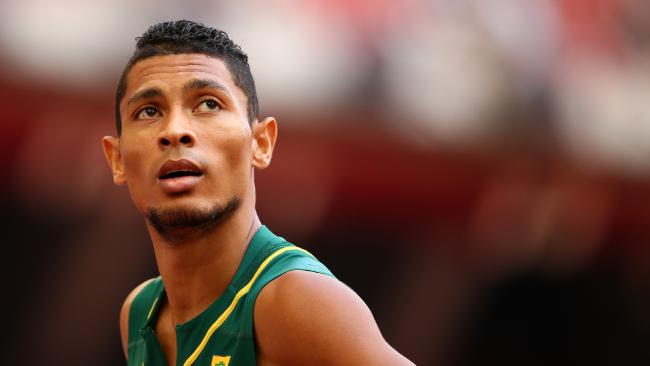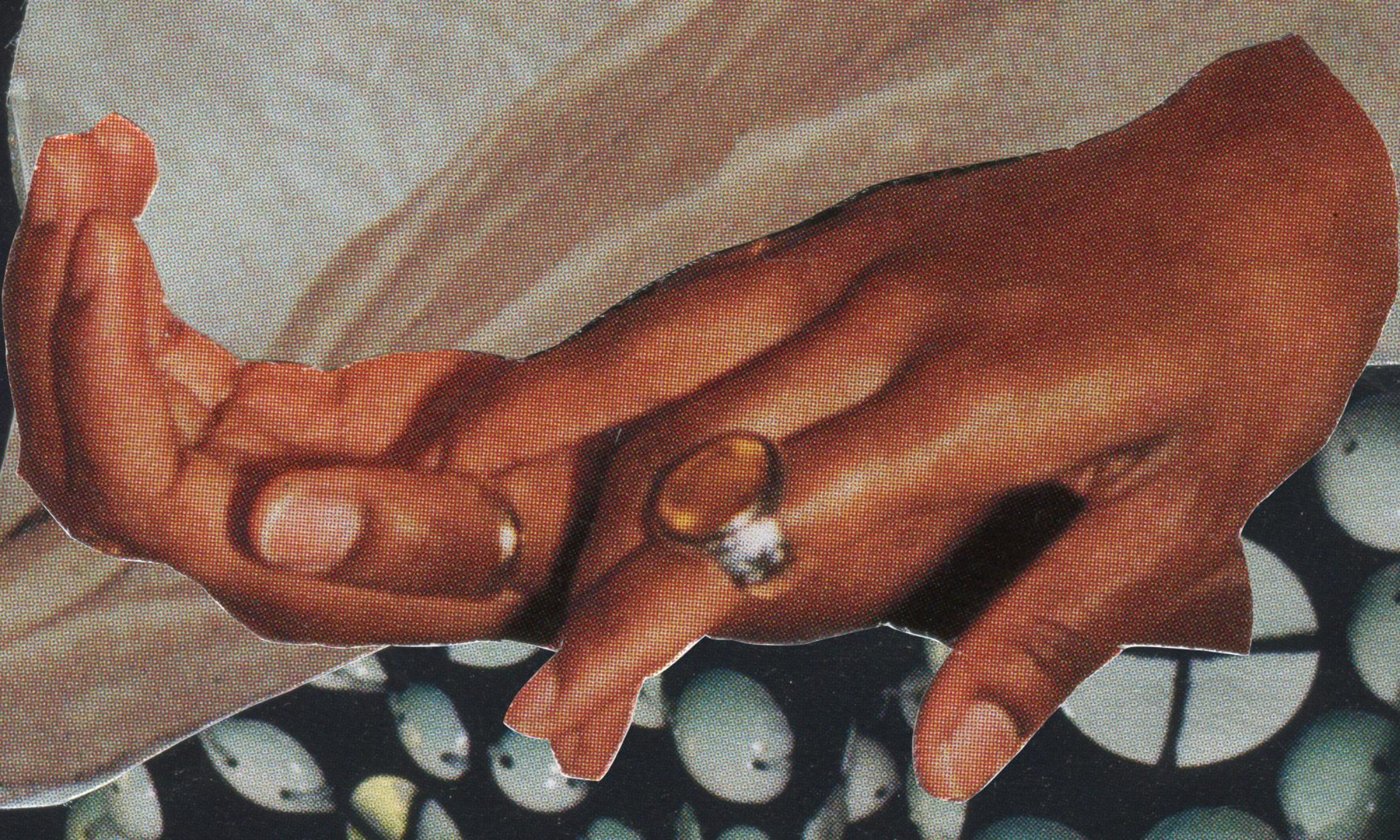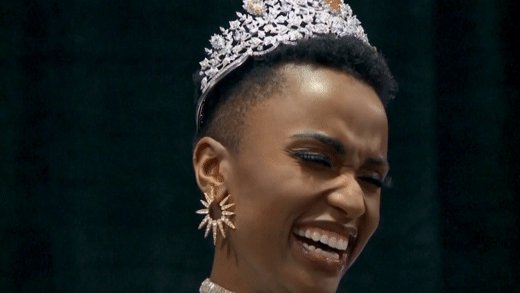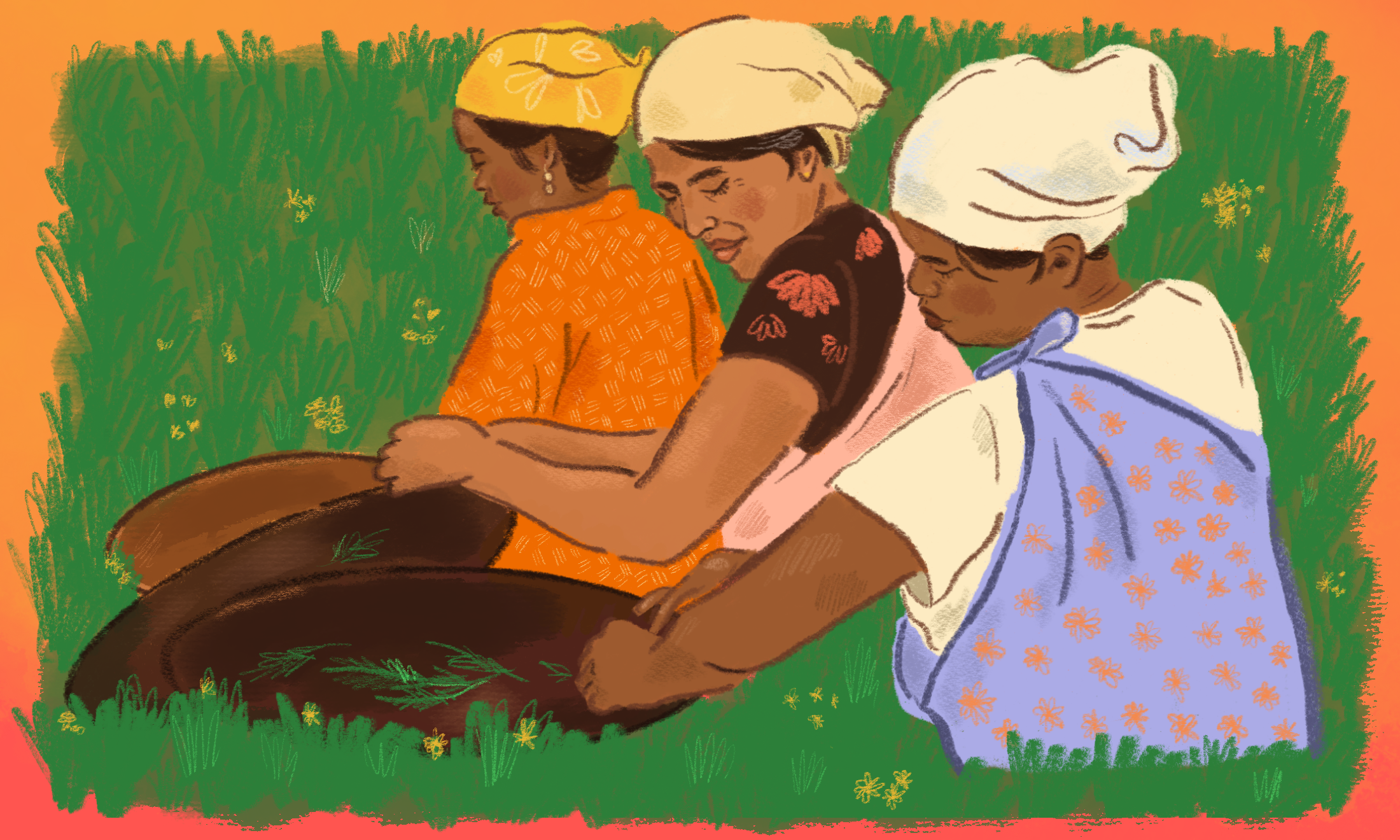
Wayde van Niekerk’s world record in the 400m means everything to the ‘coloured’ community
Kirsten Leo
16 Aug 2016
Wayde van Niekerk, the coloured* community’s golden-brown boy from Cape Town, has been crowned Olympic champion in the men’s 400m at the 2016 Rio Olympics and broke a world record in the process. What is almost more important than his win is his contribution to changing the coloured narrative in South Africa. He has made us proud and inspired our children to get out there and be great.
It is no secret that the coloured community is portrayed distastefully in South Africa. Media outlets and television channels often represent coloureds through the image of “gangsterism” in the Cape Flats (a vast number of townships where the majority of coloured and black people in Cape Town live that often lack access to adequate housing and education), alcoholics, drug addicts and teenage pregnancies in high schools. It is true that rates of unemployment, poverty and education for coloured people have all stagnated or been negatively affected since the 90s. We are a community of people who are constantly overlooked in a country of black vs. white politics, and are battling crippling socio-economic problems because of it.
While we do have some problems, positive representation is important for us. As put by singer Andre Damane on Twitter, van Niekerk “is for coloured people in South Africa what Biles, Manuel and Williams are for black people in America”. Representation matters, and just like the American women, boeta* van Niekerk is breaking down stereotypes associated with our people.
Born prematurely, van Niekerk wasn’t expected to survive more than a week. Instead, growing up in Cape Town, he thrived, and as a child became the second fastest runner in the whole country. He is is university educated and has called his athletic career a “childhood dream”. For the past three years he has been trained by a 74-year old great-grandmother, known for her tough standards, and first started seeing wild success earlier this year, when he become the first man in history to run faster than 10 seconds for 100m, 20 seconds for 200m and 44 seconds for 400m.
Van Niekerk’s victory is also a big deal because there are so many diamonds in the rough at sports grounds in various coloured communities who never make it because of a lack of funding. Because of him, our children have a better chance now, and nothing makes my heart happier than that. Our brown boys and girls are reading headlines about an Olympian that looks just like them; someone who is breaking world records and has overcome difficulties that are familiar to them. He is showing them, “Look! Here’s a man that grew up in similar circumstances to you. Look what he has done! Dream coloured child, dream! You could be there one day.”
Van Niekerk’s victory will echo down the quiet halls of Brown Excellence. This Olympics is a triumph, both for South Africa and for coloured people across the nation.
*The term coloured in South Africa is not politically incorrect, as it is in the UK. The coloured community were categorised as a distinct racial group under apartheid, although they would be seen as “mixed-race” in the UK.
*Boeta is the word for “brother” in Afrikaans, and used as an affectionate phrase for men in coloured communities.









